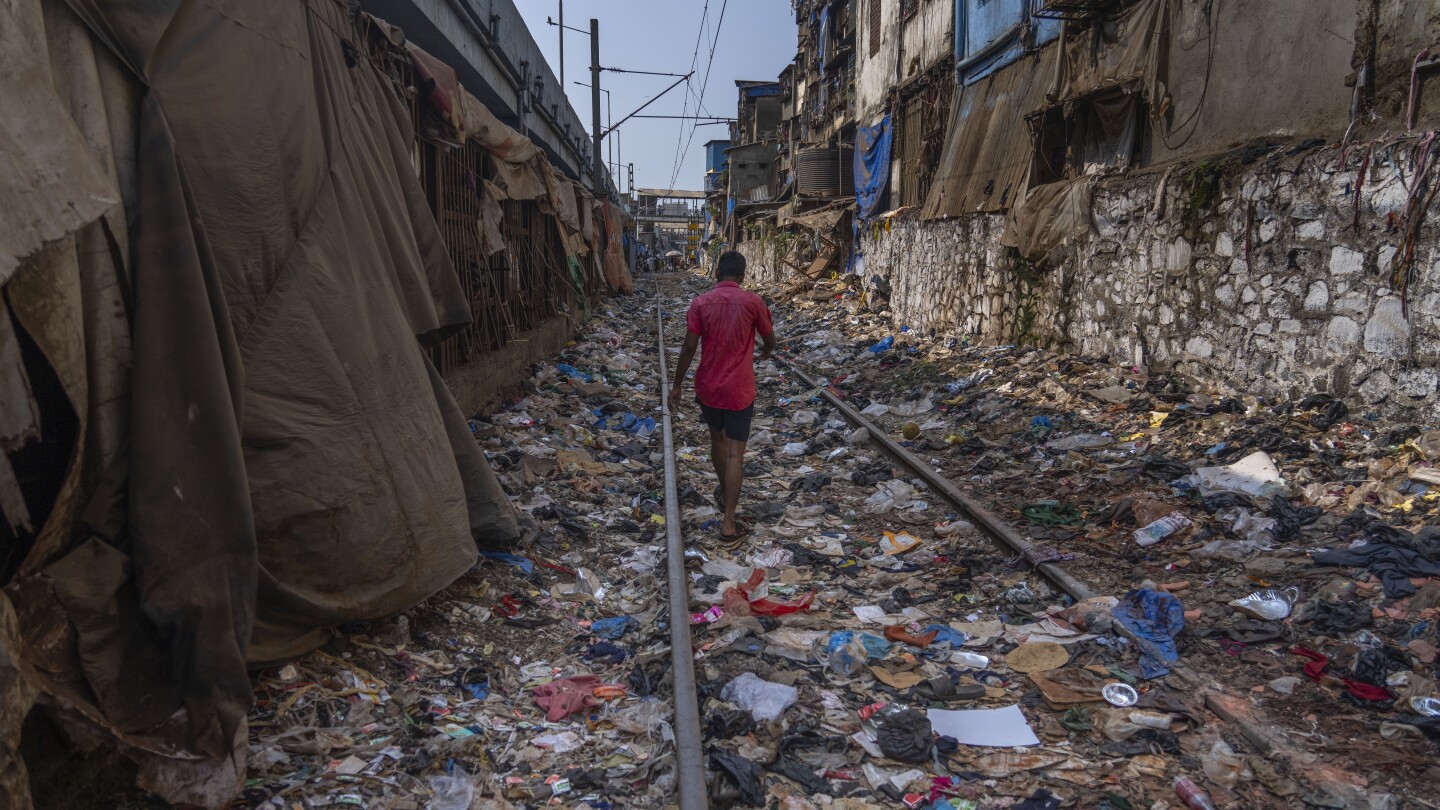- cross-posted to:
- aboringdystopia@lemmy.world
- cross-posted to:
- aboringdystopia@lemmy.world
The world creates 57 million tons of plastic pollution every year and spreads it from the deepest oceans to the highest mountaintop to the inside of people’s bodies, according to a new study that also said more than two-thirds of it comes from the Global South.
It’s enough pollution each year — about 52 million metric tons — to fill New York City’s Central Park with plastic waste as high as the Empire State Building, according to researchers at the University of Leeds in the United Kingdom. They examined waste produced on the local level at more than 50,000 cities and towns across the world for a study in Wednesday’s journal Nature.
The study examined plastic that goes into the open environment, not plastic that goes into landfills or is properly burned. For 15% of the world’s population, government fails to collect and dispose of waste, the study’s authors said — a big reason Southeast Asia and Sub-Saharan Africa produce the most plastic waste. That includes 255 million people in India, the study said.



Yeah i didn’t necessarily mean our DNA, more like our internal fauna, in particular our gut fauna, which has tremendous implications over how our body functions, influencing our brains, metabolism and immune system.
If bacteria are changing and our bodies are about a one to one ratio of human cell to bacteria cells according to recent studies, it follows that bacteria changing does not preclude us from changing as well, since not only are bacteria a part of us, we fundamentally depend on bacteria to be alive. We cannot ever be separated from the evolution of bacteria.
So while our own DNA will not change significantly in such a timescale, that doesn’t mean our internal metabolism processes will not change somehow, i would wager. Not only us, but all the animals around us that we eat and live with as well. It’s interesting to think, for instance, of vitamins we don’t produce but still need and we take from bacteria living inside us. I wonder if similar bacteria would, for instance, evolve to decompose plastics in our bodies or such like.
That’s actually an interesting thought, I’m not sure if that all happens quickly enough to be noticeable within a human lifespan, but it will be interesting to see I suppose. Only time will tell